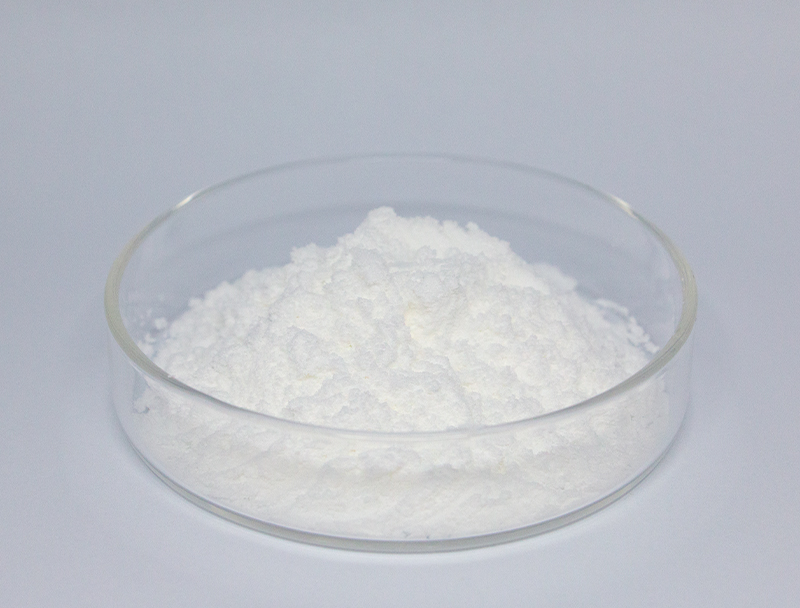
Modern biofabrication is grounded in a diverse spectrum of input materials to create novel bio-derived items.
Assuring environmentally mindful sourcing is indispensable to sustainable success and conscientious scaling.
diverse obstacles inherent in legacy sourcing approaches for instance pollution and systematic depletion of reserves. Thus, organizations must explore circular sourcing options to lessen environmental harm.
- Samples of circular procurement methods cover:
- Adopting organic-origin materials from crop remnants
- Implementing closed-loop systems to minimize waste and maximize resource efficiency
- Teaming up with provincial partners who practice sustainable procurement
Such a move to ethical procurement delivers ecological gains and commercial returns over time.
Maximizing Feedstock Quality for Increased Biofuel Output
Optimizing biofuel yields depends strongly on feedstock quality and makeup. Scientists are constantly exploring novel strategies to optimize these feedstocks, producing improved fuel yields and a lower-carbon energy pathway. Initiatives integrate bioengineering to scale biomass production and pretreatment workflows to free fermentable sugars.
- Moreover, investigations target novel feedstocks like microalgae, municipal residues, and field residues to widen the pool of renewable biomass for biofuel use.
- By means of ongoing innovation the biofuel sector can achieve substantial advances soon, shaping a cleaner energy future.

Biopharmaceutical Production: Innovations in Upstream Processes
comprises front-end procedures like culture expansion and cell retrieval Contemporary breakthroughs have refined protocols and elevated product throughput.
Crucial progress includes proprietary cell systems, optimized growth media, and adaptive bioreactor architectures. These innovations not only enhance productivity but also minimize production costs and environmental impact.
- Also, evolving practices favor continuous flow processing which supports more agile upstream control.
- The progression to advanced biomanufacturing approaches should modernize the field and quicken therapeutic progress.

Next-Gen Gene Editing for Enhanced Protein Expression
advances in genomic editing tools including CRISPR have transformed therapeutic manufacturing. Through focused genomic edits within host strains, scientists increase expression of desired therapeutic proteins. These methods could enable production of accessible and efficient medicines tackling diverse health challenges.
Microbial Approaches to Effective Bioremediation
progressive microbe-based cleanup tactics that mitigate industrial pollution. Microbial species can metabolize and convert hazardous compounds into benign byproducts.. Leveraging microbial biotransformation promotes sustainable remediation that curbs industrial environmental impacts.. Scientists evaluate varied microbes for potential to remediate metal contaminants, pesticide compounds, and oil-derived pollutants.. Microbial cultures can function in contained bioreactors or be deployed onsite to facilitate biodegradative remediation..
Microbe-based remediation provides compelling advantages over standard remediation methods. It is a cost-effective and environmentally friendly approach that minimizes the generation of harmful byproducts. Also, microbial interventions offer targeted remediation that minimizes collateral ecosystem disturbance. Work in this area evolves rapidly to optimize the success rates and scalability of bioremediation solutions.
The Role of Bioinformatics in Drug Discovery and Development
Informatics platforms are essential to current drug discovery and development pipelines. From target selection to safety profiling, bioinformatics empowers rapid, data-informed therapeutic design.
- Via examination of genomic, proteomic, and clinical datasets, researchers pinpoint targets and project drug activity.
- In addition, predictive simulations inform medicinal chemistry efforts to craft more efficacious drugs.
- Ultimately, informatics is transforming R&D and shortening timelines to deliver safe, efficacious therapies to patients.
Synthetic Biology Routes for Elevated Bioproduct Synthesis
utilizes multiple approaches to enhance production of desirable bioproducts in cells. Programs use genetic redesign of metabolic networks, dynamic regulation of expression, and addition of heterologous genes to unlock new capabilities. By optimizing cellular networks, developers can substantially boost target bioproduct output.
The multifaceted strategy promises to reshape sectors like biotech, agritech, and renewable fuel industries.

Scale-Up Challenges and Prospects for Biopharmaceuticals
Commercializing biopharma production involves significant constraints and promising benefits. Keeping consistent product performance at elevated volumes is a significant challenge. Addressing it demands strong process governance, accurate real-time analytics, and advanced measurement systems.

Process intricacy spanning various stages creates significant scale-up complexities.. Adapting protocols for industrial scale requires considerable development work and engineering advances.. Even so, the payoff can be large. Effective scale-up may expand patient access to therapies, cut unit costs, and improve margins.
A range of strategies is being implemented to address scaling problems. These include the development of new technologies for process optimization, advanced analytics for real-time monitoring and control, and innovative manufacturing strategies.
- Product development and process R&D are pivotal to boosting production capabilities.
- Regulatory agencies are working to streamline approval processes for new manufacturing technologies, facilitating innovation in the field.
Aligning Biomanufacturing with Regulatory Standards for Patient Safety
The development of biopharmaceuticals is a complex process that requires stringent regulatory oversight to ensure both patient safety and product efficacy. Biologic therapeutics bring unique regulatory and manufacturing demands unlike traditional pharmaceuticals.
Agencies such as the FDA in the United States and the EMA in Europe play a crucial role in establishing guidelines and standards for the approval of these innovative therapies..
Extensive evaluation procedures are essential across development phases, spanning preclinical work to post-market checks.. These steps are designed to surface risks and verify that biopharmaceuticals comply with elevated safety thresholds..
Also, governing institutions evolve their strategies 5-ALA to respond to swift advances in biopharmaceutical science.. Actions include accepting new technologies and streamlining development channels while safeguarding patient health.

Assessing Plant Biomass Pathways for Bioplastic Innovation
Heightened demand for sustainable products accelerates efforts to develop renewable material alternatives. Plant-origin feedstocks converted into bioplastics create promising opportunities for eco-friendly materials. Renewable inputs including cornstarch, cellulosic matter, and sugarcane biomass can be processed into biodegradable plastics that minimize long-term pollution.
Moreover, bioplastics can mirror key properties of fossil-derived plastics and fit diverse application needs.. Continuous development will unlock plant biomass value for sustainable bioplastic production and support circular systems.
Biotech Contributions to Global Health and Crop Productivity
Biotechnology has emerged as a powerful tool with the potential to revolutionize global health and address food security challenges. Through CRISPR, synthetic circuit design, and cell therapy progress, developers generate methods to counter infectious agents, optimize crops, and elevate nutritional profiles.. A concrete example includes modified crops engineered for pest and stress tolerance that yield more while decreasing pesticide needs. Furthermore, biotechnology supports creation of vaccines, therapeutic agents, and advanced diagnostics that strengthen responses to infectious threats and enhance health outcomes.. As the field evolves, biotechnology is expected to play a pivotal role in shaping a healthier and environmentally sustainable future for all.
